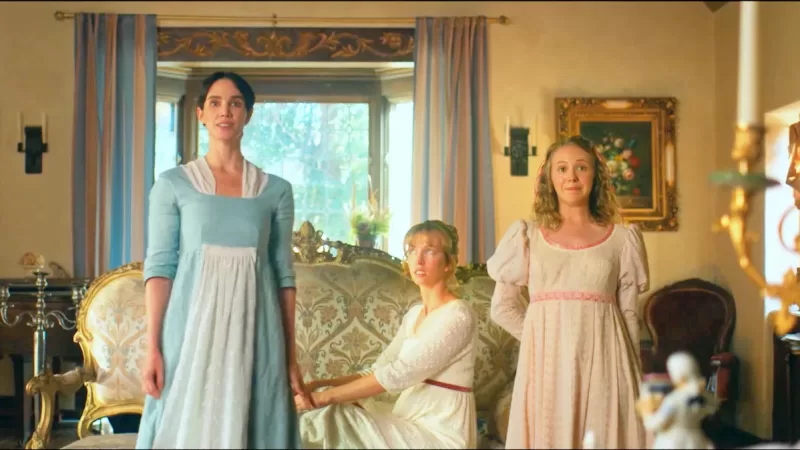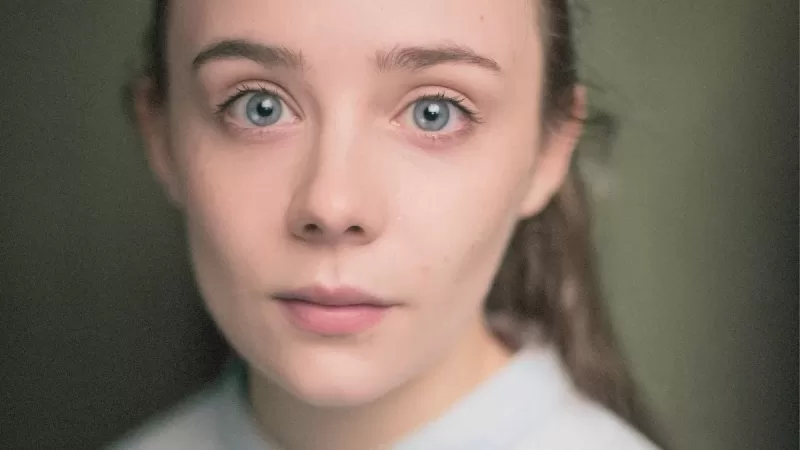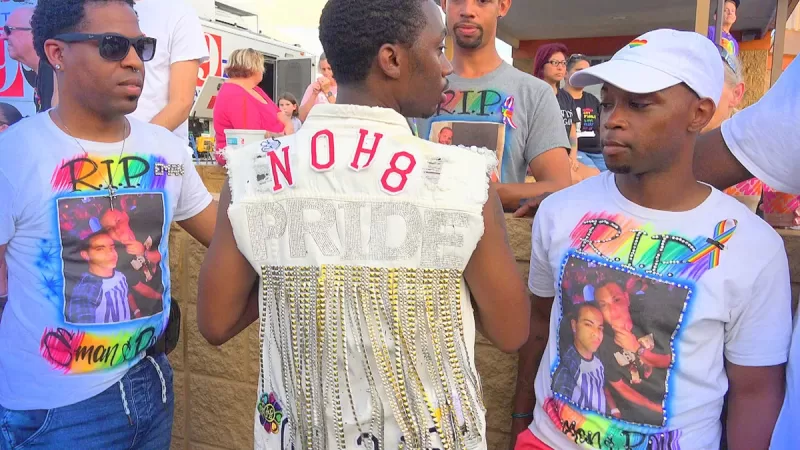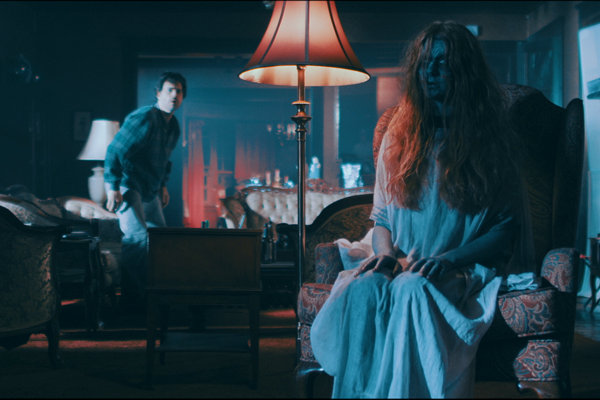
indieactivity: How does one get into producing?
Gabriel: I think it starts with the desire to simply make movies. The moment you decide you’re going to make a movie, you’re a producer. Because now you have to bring all the elements together to make things happen — the script, the camera, the crew, the actors, the props, etc. It doesn’t matter what the budget is. If you’re shooting a movie on Super8mm, digital video or 4K RAW, the mere action of taking a step toward “making a movie,” by definition makes you a producer. Of course, in order to make movies that will sell and find an audience, you need knowledge and experience, as well as dedication and a lot of good fortune!
indieactivity: When did you form your production company – what was the motivation for its formation?
Gabriel: We used the Traplight Pictures banner for several years, but we officially formed the LLC just three years ago. My partners and I had been working with other production companies, often producing other people’s screenplays, but we had a lot of our own stories we wanted to tell. That’s really where it all began. We wanted to take control of our own projects.
Of course, we still work with other filmmakers and companies, and always will — but it’s nice to be able to do our own projects when we choose.
Check out the poster for our upcoming movie THE DOMICILE. #horrormovies #filmmaking #Film2016 #hollywood pic.twitter.com/HHKBzJcuCe
— Gabriel Campisi (@GabrielCampisi) December 12, 2016
indieactivity: What was the first film out of the gate?
Gabriel: There are several movies with the Traplight banner in a co-production with other companies, but the first official movie that was produced exclusively by our company was Death Pool, starring Randy Wayne. Death Pool was represented by Artist View Entertainment, and distributed domestically by MTI Home Video.
indieactivity: Do you think each volume has improved as they go on?
Gabriel: Certainly everything we do as individual filmmakers or as a production company improves, in my opinion, with each subsequent production. The more projects we produce and successfully distribute, the more experience we gain and the more knowledge we attain.
In this day and age, with so much equipment readily available to aspiring filmmakers, and so much software, anyone with a smartphone can seriously make a movie. So making a movie is not so much the challenge in and of itself, as it is actually doing something that is commercial, that audiences will respond to, and that will make money to keep the process going for future productions.
There are so many distinct variables inherent to the process of distribution, that making the movie is really the easy part by comparison. Knowing the market, knowing the demographics, knowing current trends, and then applying a strategic game plan to make your project attractive enough to compete in an ocean filled with so much competition — that is the true challenge, and what makes a movie a real movie.
indieactivity: What works better in this latest production that mightn’t have worked in the last one you did?
Gabriel: The Domicile went very smooth in every regard. Compared to Death Pool, the logistics were very different, however. Death Pool was shot in multiple locations, while The Domicile was primarily shot in just one very spooky old house.
A lot of the same crew worked on both movies, so I think things moved faster during The Domicile because everyone knew each other a lot better than during the first movie. They had a familiarity with each other, knew each other’s strengths and weaknesses, etc. So the production crew was effectively a better oiled machine the second time around.
indieactivity: Is there anything about the independent filmmaking business you still struggle with?
Gabriel: I don’t know if the word “struggle” is the correct word to use. Making a movie is a challenge from start to finish, but we’re all fully aware of what we’re up against when we go into production, and then deal accordingly with distribution as well.
Finding and dealing with investors is always a challenge, despite having worked with several over the years. The finance engines are changing in Hollywood, so a lot of investors are being more cautious than they were in the past, waiting to see what happens with certain movies or platforms.
Distribution can be challenging, too. Finding the right entity to handle your movie can be a very involved process. You don’t want to sign a deal with just any distributor. You want to make sure the company has a solid reputation, a proven track record, and can handle your genre. You don’t want to give a children’s movie about puppy dogs to a distributor that specializes in selling action-adventures movies, or vice-versa.
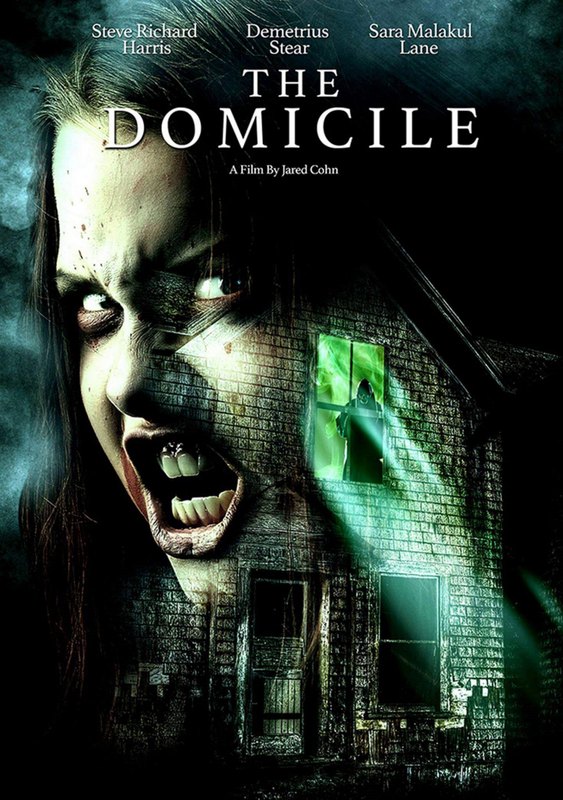
indieactivity: Where do you think your strengths lie as a producer?
Gabriel: I think my strengths lie in the fact I’ve been doing this for so long, I’ve seen all the good and all the bad the industry has to offer. There are a lot of unscrupulous people and companies in this industry, but I’ve been blessed to work with only the best and most reputable. I can spot the potholes and dead ends a mile away, and can steer projects into calm and lucrative waters.
Hollywood is a business, and sometimes you have to play hardball. Sometimes you have to be willing to shake things up, or walk away from a deal if it’s not to your liking. I own other successful businesses that have nothing to do with making movies, so I know how money works, how contracts work, how deals work, and I’ve been caught in the heat of battle on multiple occasions.
I draft the majority of our contracts for the movies we produce, as well as for the other production companies I work with. I’m confident in what I do, and I’ve actually helped many filmmakers over the years with their “deals” — whether I helped them get out of a bad contract, or helped them collect on monies owed. Sometimes you have to walk in with a baseball bat to get people’s attention, but that’s business.
I wrote two editions of The Independent Filmmaker’s Guide to Writing a Business Plan for Investors for McFarland Publishers to share some of my knowledge with readers, and I’m presently writing a third book discussing the changes in the Hollywood finance models.
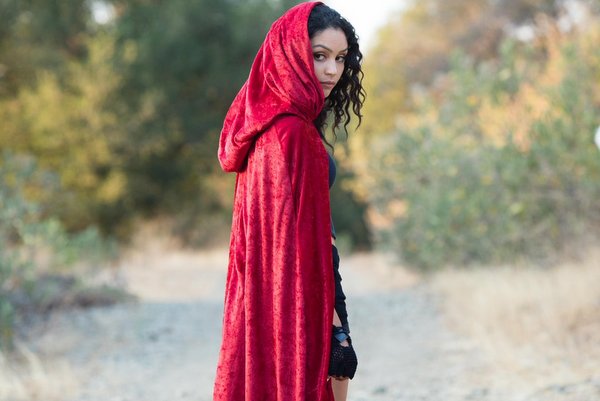
Bianca A. Santos in Little Dead Rotting Hood (2016) by Traplight Pictures LLC.
indieactivity: How important is marketing? Do you think a project can make any dent without it these days?
Gabriel: Marketing can make or break a project. If audiences don’t know your project exists, who’s going to buy or rent it? While the distributors have their own promotion, I always make sure to have our PR firm do some press and coverage as well. You have to get the word out before, during and even after the movie is produced. There’s a strategy and art to creating audience awareness. Too much too soon is not good, and too little too late doesn’t work, either.
indieactivity: What else have you got in the works?
Gabriel: I’m working on some larger-budget productions, so they’re taking a little longer to put together. More money means more people to deal with, more checks and balances — so it’s more time consuming. The key is always to mitigate financial risk as much as possible. I’m also developing a television series with some very talented people, and we’re planning another movie at Traplight, as well. And as mentioned above, I’m working on a new book, so I’ve got my work cut out for me for the time being.
news
Jane Austen’s Period Drama Wins Audience Awards at Cleveland International Film Festival
Julia Aks and Steve Pinder’s Whimsical Comedic Short Wins The Audience Choice Award
Thomasin Lawson, Joins Honor Swinton-Byrne and Greta Bellamacina on “All Five Eyes”
Alta Global Media on board to Executive Produce the US/UK Co-Production
Exclusive Interview with Aleesha Yates on Feature Documentary, “Surviving Pulse”
Aleesha Yates is a driving force behind making “Surviving Pulse: Life After a Mass Shooting” feature doc.

